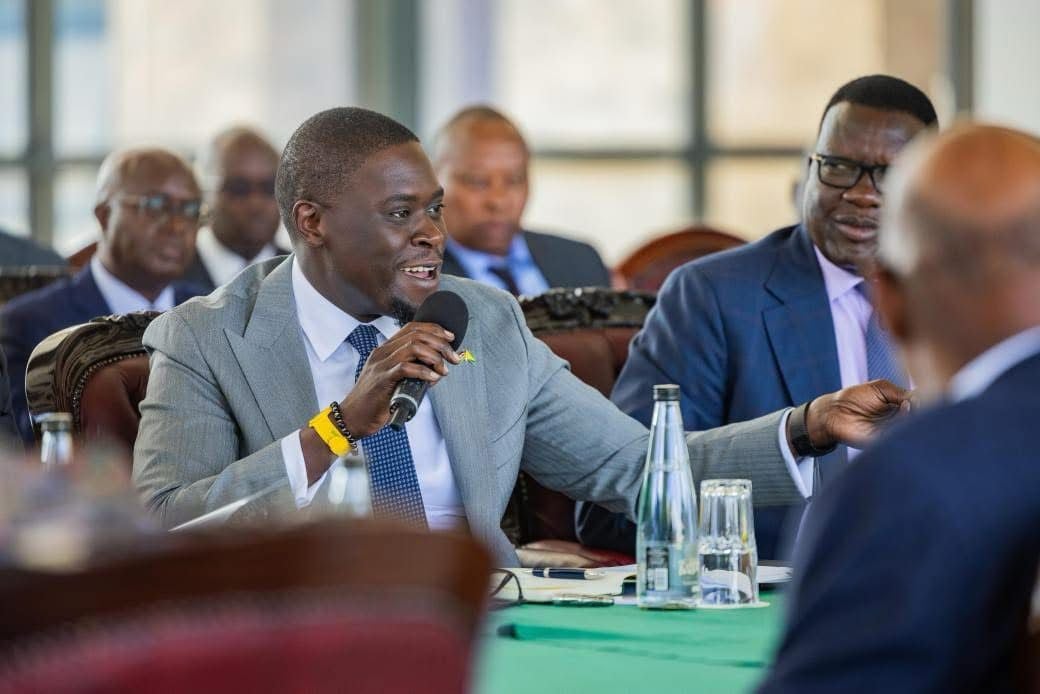Nairobi Governor Johnson Sakaja has broken his silence over the so-called 'one-term curse' that has haunted his predecessors, Evans Kidero and Mike Sonko.
Speaking in an interview on Wednesday, April 23, Sakaja made it clear that he is not focused on re-election, but on transforming the city for future generations.
He denied having any similarities with the former governors, whose terms ended amid controversy and public dissatisfaction.
"My focus is not there, I am Sakaja, I am not them (Kidero, Sonko). A politician looks at the next election; a leader looks at the next generation. When it comes to the time for politics, we will play politics.
"My proudest moment will not be having won a reelection but having transformed Nairobi. Every morning I wake up and say, Saks try again, and I do my best and leave it to God," he said.
Read More

Sakaja also dismissed critics claiming Nairobi was better under the Nairobi Metropolitan Service (NMS), arguing that the entity was just PR.
"They are critics, and that is why they say that. I think I have done better in my two years. It was a lot of PR, they left me with 16 billion pending bills in two years, which I have to pay. We’ve raised more revenue than NMS did. Nairobi needs close to 100 billion to sort out all its problems," he stated.
Both Kidero and Sonko served only a single term, each leaving office under contentious circumstances.
This instability culminated in the creation of the Nairobi Metropolitan Services (NMS), a national government intervention that temporarily took over key county functions following Sonko's impeachment.
Kidero, who previously served as the CEO of Mumias Sugar Company, became Nairobi’s inaugural governor in 2013 on an ODM ticket.
His tenure was marred by legal challenges, including a successful petition by Ferdinand Waititu that led to the nullification of his election in 2014.
However, the Supreme Court later reinstated him. On the other hand, Sonko defeated Kidero in the 2017 elections under the Jubilee Party.
His tenure was marked by erratic leadership, frequent clashes with county officials, and administrative chaos.
In 2020, facing mounting pressure, Sonko signed a deed transferring key county functions, including health, transport, and public works, to the national government, leading to the establishment of NMS.
Later that year, he was impeached by the Senate on grounds of abuse of office, gross misconduct, and corruption.






